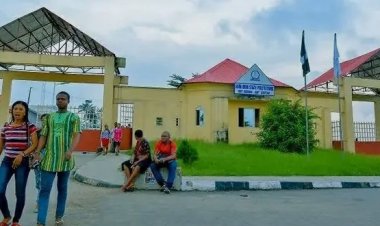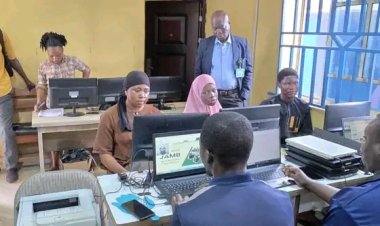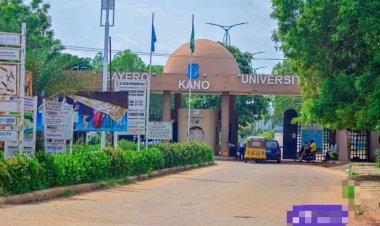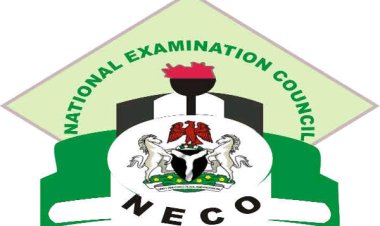Yobe to Transition Secondary Schools to Solar Energy by 2025
The Yobe State Government has announced plans to power all public secondary schools with solar energy by 2025, aiming to reduce reliance on fossil fuels. Secretary to the State Government (SSG), Alhaji Baba Malam-Wali, revealed this during an inspection of ongoing projects at schools in Nguru.
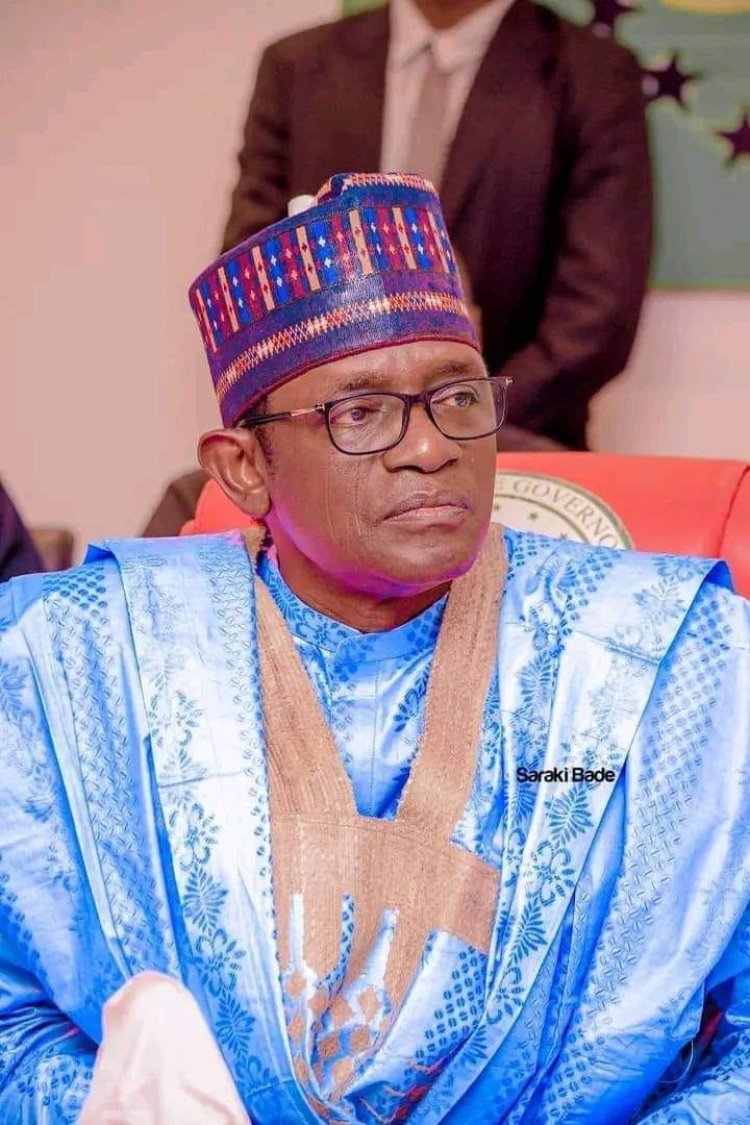
The Yobe State Government has unveiled plans to transition all public secondary schools in the state to solar energy by 2025. This initiative is aimed at reducing reliance on fossil fuels and promoting sustainable energy solutions.
Alhaji Baba Malam-Wali, Secretary to the State Government (SSG), disclosed this development during an inspection of ongoing projects at various schools in Nguru on Monday. Among the schools visited were Government Higher Islamic College, Nguru; Government Day Secondary School, Gashua; Nigerian Tulip International College (NTIC), Yobe Campus; and Government Girls Unity College, Damaturu.
Malam-Wali described the solar energy project as part of the government’s broader strategy to enhance the quality of education in the state. Since 2019, the administration has pursued a multifaceted approach to reform the education sector, focusing on improving infrastructure, reducing overcrowding, and increasing access to education for rural communities.
Comprehensive Educational Reforms
The SSG highlighted several key measures implemented by the state government, including:
- Decongesting Urban Schools: Establishing new model schools in urban centers to alleviate overcrowding and collaborating with traditional leaders to boost primary school enrollment in rural areas.
- Exam Fee Subsidies: Covering the examination fees for students taking the 2025 West African School Certificate Examination (WASCE) and the National Examination Council (NECO) exams.
- Empowering Female Education: Setting up new secondary schools for girls to promote gender inclusivity and encourage young women to pursue education.
- Improving School Facilities: Rehabilitating schools, providing furniture, and enhancing overall infrastructure to create conducive learning environments.
Additionally, the state’s free feeding program for secondary school students remains a priority, with an allocation of approximately ₦500 million monthly.
During the inspection, school principals expressed gratitude for the government’s consistent support. They noted significant improvements in student enrollment, academic performance, and the overall state of school infrastructure as a result of these interventions.
Yobe State's commitment to adopting solar energy reflects its dedication to sustainable development while addressing critical challenges in the education sector. The initiative is expected to provide reliable power supply to schools, enhancing the learning experience for students and teachers alike.

 Chris Oyeoku Okafor
Chris Oyeoku Okafor 